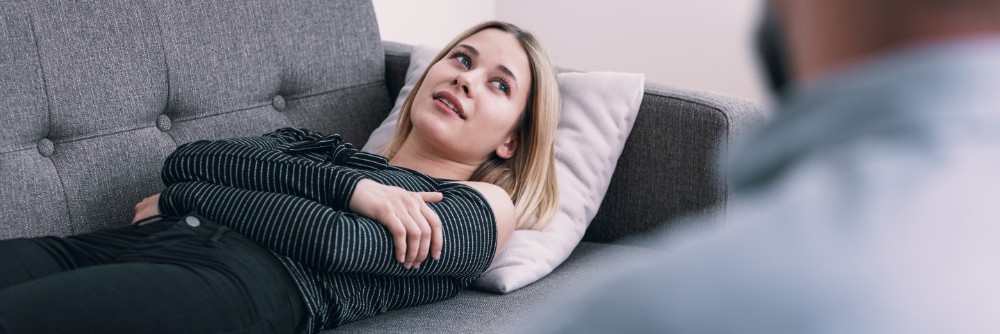
As we come to learn through our own struggles with addiction, sometimes people grappling with addiction just aren’t ready to do the work needed to recover. We might find that we need to separate ourselves from loved ones in order to protect ourselves, both energetically and emotionally, and from danger and harm. Our loved ones might still be in denial about the gravity of their addictions. They might be lying to themselves, and to us, about how serious their problem has become. They employ the tactics we ourselves may have used, avoidance, silence, suppression, resistance, self-isolation, all to be able to keep up with their addictions and maintain them. They want to be left alone with their drugs of choice, and oftentimes we can understand these impulses and tendencies because we were there once too. Now that we’re further along in our recovery, we have the clarity to know that the relationship is hurting us.
Our loved one might be abusing us, mentally, emotionally or physically. They might be lying to us, controlling us, manipulating us, or otherwise mistreating us. We might come to realize that we’ve been enabling their addictive patterns by keeping them in our lives and allowing them to continue treating us in these harmful ways. Our loved ones might not have experienced any repercussions to their actions yet. They might not have hit rock bottom. They might not have felt the pain of losing us to wake them up from their denial, avoidance and inaction. They might have thought they could keep doing what they were doing, which is often nothing but avoiding the problem at hand and wishing it would go away, or hoping we’ll ignore it or get over it. They might take our silence, our avoidance, our giving up and accepting defeat as signs of our complacence and complicity. They might think we condone their actions.
For many of us, there comes a time when we simply can’t sustain the relationship anymore without continuing to hurt ourselves. We realize that staying in the relationship as it is, and remaining close to this person, are forms of self-destructiveness. We’re not recognizing our worth or honoring ourselves. We’re neglecting our own needs. We’re prioritizing this person, and our love for them, over our own needs, wishes and expectations. We’re not being self-loving or kind to ourselves. We’re essentially betraying ourselves.
The choice to separate ourselves from our loved ones for self-protection, to do what’s best for ourselves, can be a painfully difficult choice. Or it can feel like an easy choice, and we feel relieved. Sometimes we’re very clear that we need distance in order to preserve our mental health, or to protect our other family members as well as ourselves. However we make the decision, and however long it takes us to take the steps to prioritize ourselves, what’s most important is that we commit to our own well-being and that we no longer place more importance in other people, or in relationships, than we do in our own well-being and peace.
Are you ready to take the first step on your journey to recovery? Call The Guest House today! 855-483-7800.